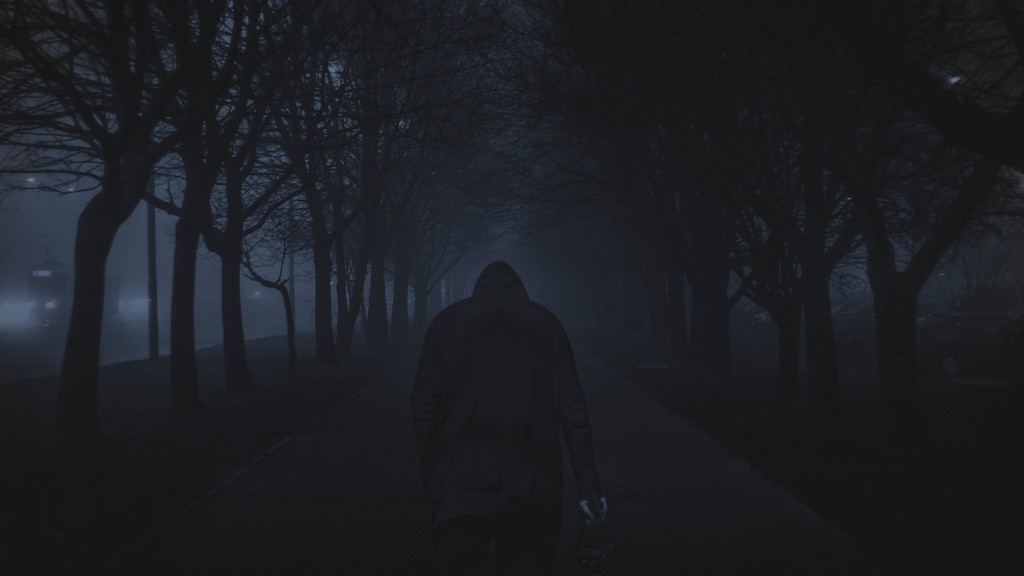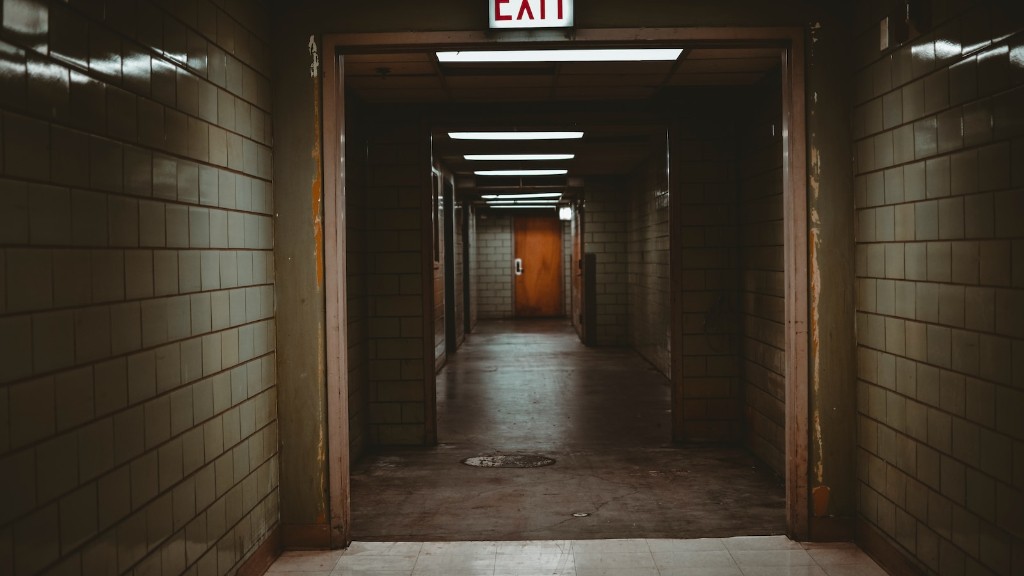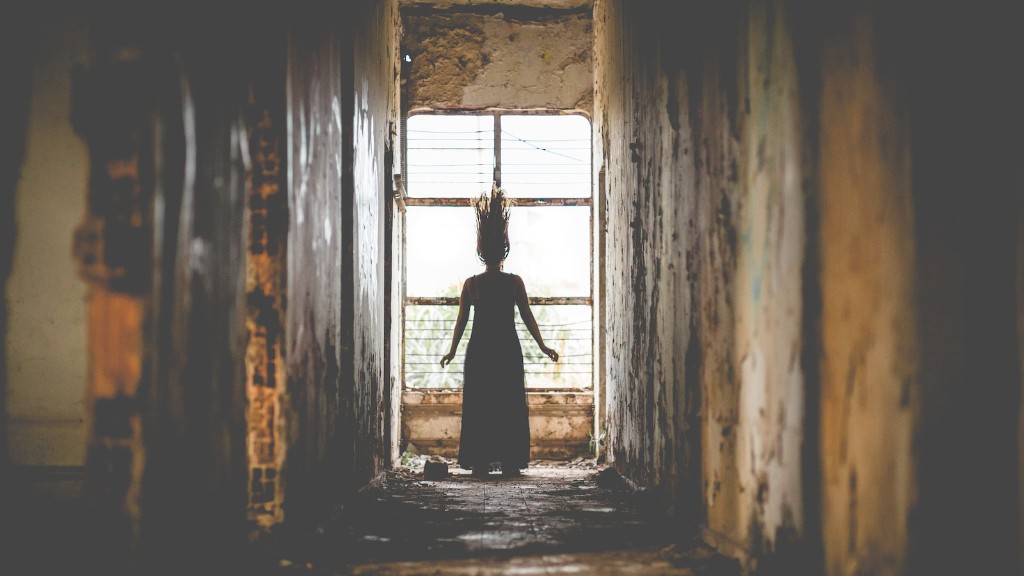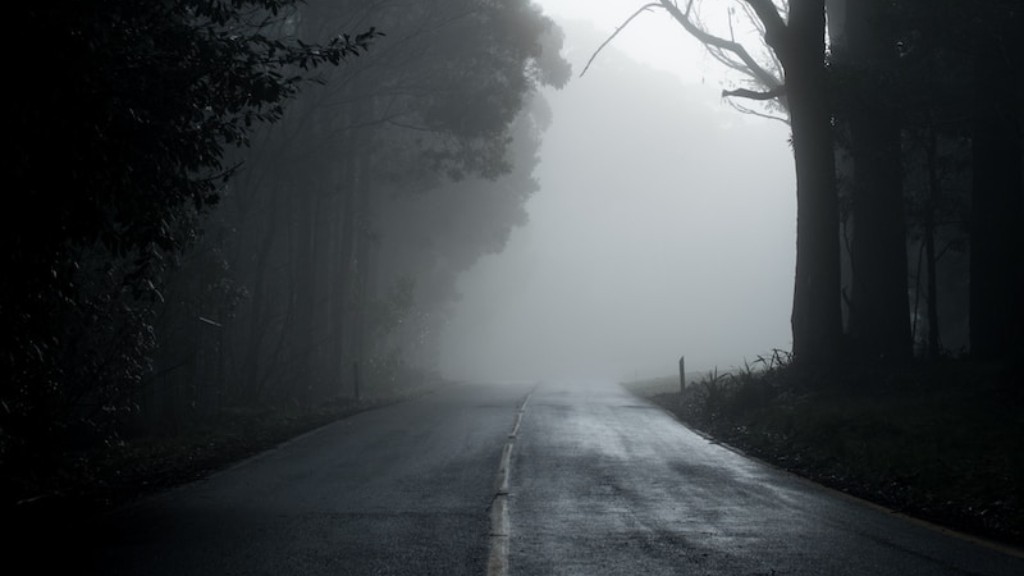Gangster Films and the Popularity of Crime Movies
Crime dramas and gangster films have captivated audiences for decades. From the realism of ‘The Godfather’ series and ‘Goodfellas’ to the comic-book appeal of ‘Reservoir Dogs’, these movies have resonated with viewers for their complex characters and illegal action. Whether a fan of the mob or merely the faintest intrigue in music, costumes and cinematography, some of the greatest movie-making and acting have been inspired by the crime genre.
While the first use of gangsters in film was as early as 1904 in ‘The Magic Garden’ and featured as early as the 1920s, the golden age of gangster movies is widely regarded as the 1970s. It is a testament to the skill of directors and actors such as Francis Ford Coppola and Al Pacino that ‘The Godfather’ was released to the acclaim it was, setting the tone for many subsequent crime dramas. Audiences were dazzlingly exposed to high-end organized crime with lavish setting and attention to costume, mixed with raw and honest exchanges between characters.
Though gangster movies were created throughout the age of black-and-white, color and modernity brought a newfound vibrancy to the time and to the movies we watch today. At this time, the industry and scene changed to suit the kinetic energy of modern crime, mingling realism with edge and dark humor. Movies of this decade are a stark contrast to the crime dramas of the 1970s.
At its best, gangster films use depth of character, moral ambiguity and allure of the criminal underworld to combine suspense, danger and humor in an enthralling and entertaining mix, often subtly reflecting the society of the time. The most effective movies created from this genre have the ability to expose, explore and understand the human nature of those on the fringes of the law.
The Best Gangster Movies
When featuring some of the very best of all gangster films, ‘The Godfather Trilogy’ has to be top of the list. The first movie was released in 1972, with the sequels released in 1974 and 1990, respectively. All three movies feature the Corleone family, a crime family from New York, surrounded by intense violence, love, and loyalty.
Following the Corleone family is Martin Scorsese’s ‘Goodfellas’ , the quintessential mob movie starring the iconic Robert De Niro and Joe Pesci, which focuses on the lives of real-life mobsters. The complex and fast-paced story combined with witty dialogue and masterful filmmaking, gives the movie its remarkable beauty.
Quentin Tarantino’s ‘Reservoir Dogs’, released in 1992, is a thrilling heist movie with Roben De Niro in the lead role. An experiment with non-linear storytelling, it has gone on to become cult classic. From suspenseful build up to its bloody aftermath, it is an edgy and compelling story which examines the behavior inside a criminal gang.
Coppola’s ‘The Untouchables’, released the same year, is an adaptation of the Eliot Ness story, an intense drama which captures the fight between good and evil, law and crime in 1930s Chicago. It popularized a style of gangster movies which blended grim realism with a fanciful twist.
Contrasting these is Michael Mann’s ‘Heat’ , released In 1995, featuring a legendary on-screen pairing between Al Pacino and Robert De Niro. This movie explores the dynamics between cops and robbers, using the criminal underworld of Los Angeles to create a masterpiece of characters, narrative and fight scenes.
Genre and the Gray Area
A common element in gangster movies is the idea of exploring ‘gray area’ of morality. Many of these films examine the lines between right and wrong, as well as the consequences of morally questionable decisions. The majority of these films focus upon gangsters and criminals, so it only right that their movie protagonists challenge the audience with their decisions.
The characters found in these films are often troubled and in many cases written as multifaceted, offering a view from both the inside and outside of the criminal underworld. This challenges the preconceived notions of good andbad and offers a thought-provoking perspective on society from outside its laws and regulations.
Generally speaking, it can be said that gangster movies allow writers and filmmakers to bring light to matters outside the bounds of the law, shining a light on criminal history and motives, as well as giving a unique look in to the lifestyles of characters away from the norm.
Style and Technology
These films often show captured moments of urgency and power, influences of style made popular by the mafia movies of the 1970s echoed in the action films and crime dramas of today. Many of these films also helped to create and develop film technologies, allowing directors and filmmakers to refine films and create special effects which give a sense of realism and intensity to the films protagonists.
Many of of the movies showcased throughout this genre havea defining common element, being the use of hand-held cameras to provide a real and viewer engaging experience to the home audience. This was a technique pioneered in films such as ‘Goodfellas’ and has since become a staple of modern film-making, allowing for an ever more engaging and emotive experience for the viewer.
Another defining element of gangster films and films more broadly, is the role of the soundrack. Music can often provide much of the emotion seen in films, and can sometimes even be seen as a character in its own right. Highlights from these films include iconic tracks such as ‘Layla’ from ‘Goodfellas’ to the death of The Corleones set to ‘Speak Softly Love’, in ‘The Godfather’.
Realism and Implications
The evolution of gangster films and their place in our wider cinematic experience has far reaching and often startling implications for our relationship with the criminal underworld. Recent productions have left these films far from the realms of fantasy, giving a chilling view from the world of organized crime.
Realism has been brought to the fore, with movies such as ‘The Departed’ and ‘City of God’ taking a look at the lessons they teach us, while ‘Gomorrah’ and ‘Escobar’ offer detailed looks at the criminal underworld away from the glamorized image that Hollywood portrays.
These type of films offer no trace of condolences to their characters and representations, and instead aim to engage, provoke and examine the real life criminal world, allowing to those within the law to engage and educate themselves, while perhaps providing a resonance to those on either side of the law.
Culture and Impact
Though the impact of gangster films has broadened out since ‘The Godfather’ trilogy, it is difficult to deny that these films have made an impact across the world. Both in a positive and negative light, these films show an often neglected and misunderstood culture, from attire and music, to cusines and lifestyles.
On the rise of criminalization and the intersection of culture and crime, these films have shown the results of our fascination with the criminal underworld, for better and for worse. Perhaps the greatest effect that these films have had on our culture is an exploration of blurred lines between morality and indecision, making us think deeper about the effects of criminal activities, and our place in the world of law.
Modern Gangster Movies
As technology and storytelling techniques improves, film makers are offering an even more real feeling to these movies. Our experiences with crime movie sis varied, and exciting in both form and scope.
Though the ‘hits’ of the genre keep popping up and teasing us, there remains the steady flow of so-called ‘guilty pleasure’ gangster films, offering something for people of all tastes. Newer film makers are bringing fresh angles to the genre, showing that the activity and atmosphere have not stopped.
As crime waves continue to shape our news, the presence of well-crafted stories continues to inspire, enlighten and frighten us in a unique and captivating way. This has led us to create arguably some of the greatest pieces of filmmaking and storytelling ever made.
Conclusion
Gangster films have always had a special place in our cinemas, from the high-end ‘Godfather’-style mob movies, to the fast paced action of modern crime movies.
The stories, characters and atmosphere reach out to people in a way that other genres often struggle to do, combined with personal and social explorations, provides us with an interesting and charmful look at the real life criminal underworld.




